
Travel scam is a huge threat all over the world. Every year thousands of tourists are harmed by thieves, pickpockets, and scammers. You may think yourself too smart or too alert to be fooled. But scammers are developing common travel scams by trying new techniques every day.
Being careful and cautious is the most basic defense to avoid being harmed by common travel scams. Another important point is to be aware of these common travel scams and take action before things go wrong. We have compiled for you the most common scams and how to avoid them.
Common Tourist Scams and How to Avoid Them
How to Avoid the Bump and Grab

This is the most common travel scam known as grab-and-run. One or more thieves bump into you on the way, distracting you, and grabbing items from your pocket or purse. It is especially done in crowded environments such as subway stations. Travelers should consider the possibility of a bump and grab when a suspicious crowd surrounds them. When there is too close or unnecessary contact, they may need to protect their valuables or move away from the environment.
The best way to avoid a bump and grab is to pay attention to:
- Do not collect your important and valuables in one bag.
- Do not put valuables in your pants or jacket pockets.
- Choose a bag with a crossbody strap and a zipper.
- When you collide with someone in a crowded environment, immediately check your bag or valuables.
How to Avoid the Distraction
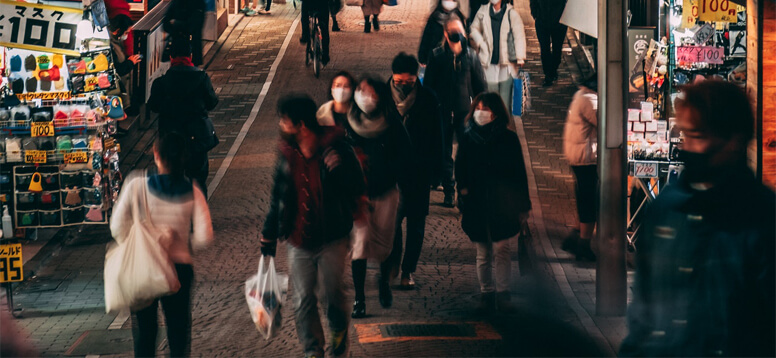
The most common method of this scam is to smear something while walking on the street. You wouldn't even know where it came from, and you would think it was an accident. Then suddenly someone comes to you and tries to wipe the stain by apologizing. While all this is happening rapidly, someone is taking your valuables from your pocket or purse. When it's all over, it's all gone.
The best way to avoid this scam, which is so common in Europe, is to stay away from people who get too close to you're not in a crowded place. If you have something on you and there are "helpful" people willing to clean it up, politely decline and clean it yourself.
In the Indian version of this scam, they smear your shoes with animal poop and offer to clean them for a high fee.
How to Survive Fake Officials
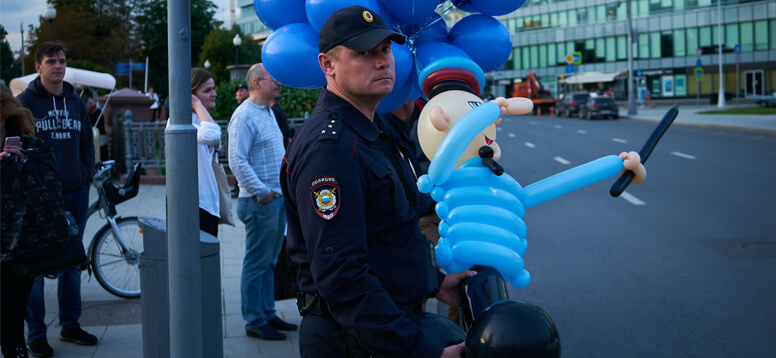
The fake police officer is one of the most common scams. Since tourists do not know much about the country, they tend to trust someone in uniform. These fake cops sometimes say there's a problem with the bills, sometimes they try to give you a made-up fine. Sometimes they may even ask you to give your passport and wallet. In such a situation, ask the person claiming to be the police to show identification and never give away your personal belongings.
Knowing the country's local police uniform is also one of the most effective ways to avoid this scam. Sometimes scammers can approach you without even wearing a police uniform.
You may come across people pretending to be an official at train stations, on the roads, or anywhere else. Do not give your wallet or passport to anyone, whether they claim to be the police or any other official.
How to Avoid Bus Travel Scams

The most common mode of transportation you will use while traveling will be the bus. Since scammers know this very well, they will try to sell fake tickets. They might give you a better price, say that the tickets are sold out, or even be wearing bus company formal wear. When you are convinced and learn that there is no such travel agency or the ticket sold to you is invalid, it will be too late.
To avoid bus travel scams, do the following:
- Always buy your ticket from the official ticket office, not from any street vendor.
- Buy your ticket close to the bus departure time, not in advance.
- Wait until you see the bus you're getting on.
- Make sure there is free space on the bus or van. Sometimes they can sell you tickets even though there is no place. In this case, you either have to go standing, or you cannot get on.
How to Avoid the Counterfeit Money Scam

Because you are not familiar with the colors, sizes, and paper quality of real banknotes, you can easily be scammed by counterfeit money. Taxi drivers, vendors, anyone you exchange money with can hand over counterfeit money.
The most common tactic of these scammers is when someone suddenly intervenes when exchanging money and promises a much more attractive exchange rate. Here are some of the things that can happen to you if you believe:
- The scammer puts a worthless currency among others.
- It gives you well-made copies of banknotes.
- It gives you banknotes that are not in use. For example, $500.
You lose important money in a fake currency scam. But that's not all, you can run into trouble with local authorities. You could even go to jail if you can't convince the police that you've been scammed. To avoid such big problems, before you travel, learn the currency of your destination country and stay away from foreigners who offer "attractive" offers.
How to Avoid the ATM Scam
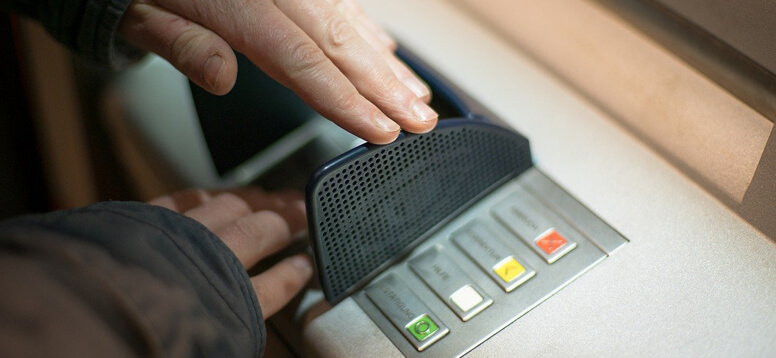
When you go to use an ATM, a local may approach and tell you how to withdraw money while avoiding ATM fees. There's usually someone else who helps the thief but pretends to be another customer. What they do is steal your credit card information using a card skimmer.
Always prefer ATMs inside the bank branch to avoid ATM scams. If you have to withdraw money from an open ATM, check for a card skimmer. Card skimmers are usually placed above the card reader, making it visible. Compare the card reader with other readers and see if anything is odd. Finally, don't let anyone get near you when you're withdrawing money, and if you feel suspicious, walk away.
How to Avoid Being Overcharged in a Taxi

In this common scam, corrupt taxi drivers charge very high prices, saying the meter is broken. Sometimes they say that you need to make a reservation for your destination and ask for money. In this way, they both charge you a higher fee and take your money under the pretext of booking. Others simply lengthen the route and charge an inflated toll.
To avoid taxi scams, do not call a taxi from the street. Instead, ask your hotel or a nearby official to call you a licensed taxi. Find out in advance the working hours of your destination and how much you will pay on average for transportation. Make sure the meter is on and insist on your route if the taxi driver wants to take you another way. Google Maps will help you with this.
Travel Scams in Europe
Puncturing tires
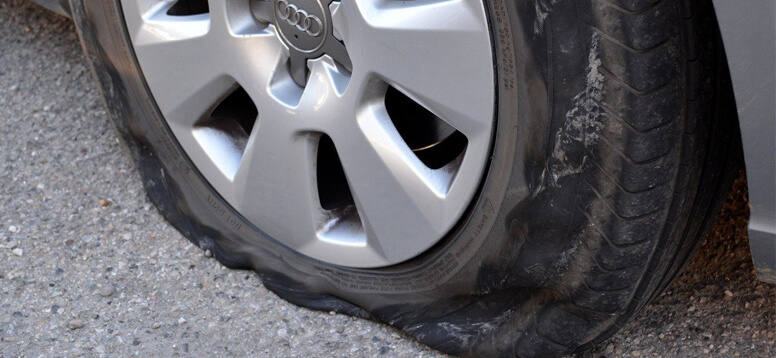
This scam is common in Italy and around Naples especially. They blow your tires in the parking lot and follow you until you notice. When you pull over your car, they come to you and want to help. In fact, what they're doing is robbing you. The best way to avoid this scam is to keep valuables in your car and be wary of "helpful" people.
False petitions

In France, you may find a child who is disabled, poor, or behaving like a helpless person claiming to represent a charity and collecting donations. They may sting you for acting so well, but ignore them and report them to the police. They get very high fines.
Fake entry fees
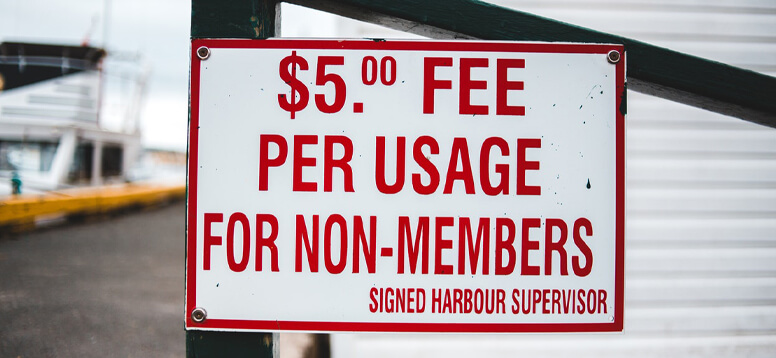
It is one of the most common scams in Spain and the Mediterranean countries. With fake official IDs, they ask for tolls from places that are actually free. If there is no official signage around, you are probably dealing with scammers. Just ignore it and move on.
Extortionate bills
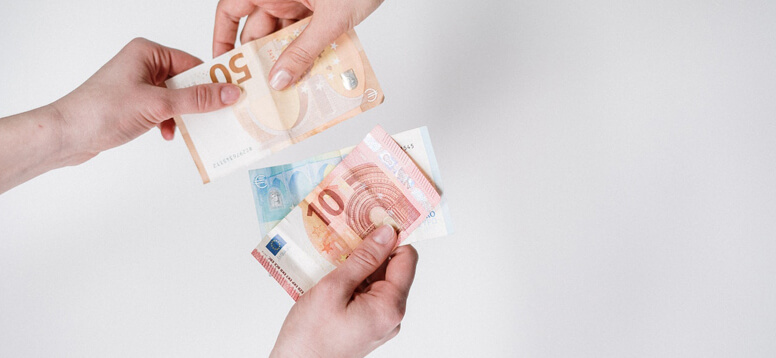
This scam well-known in Adriatic countries such as Croatia, Albania, and Montenegro, is common in gentlemen's clubs. They add additional fees to your bill and force you to withdraw money by taking you to an ATM if you don't have any cash on you. You can lose big bucks. So before you go to any entertainment venue, find out about restaurants and bars from the hotel you are staying at or by researching the web.
Imposter taxi drivers
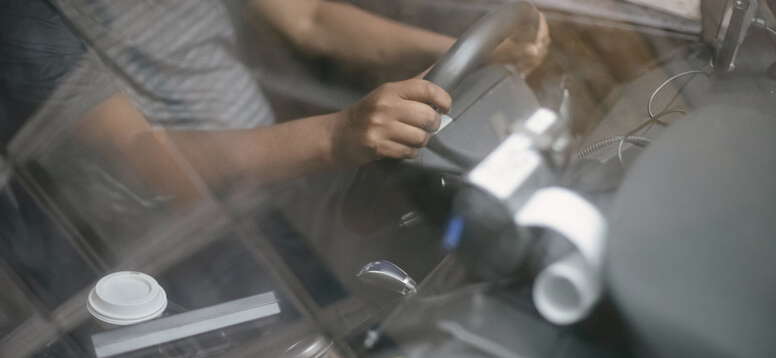
You can come across fake taxi drivers at many airports or major touristic places in Europe. They say that their taximeter is broken, or they claim to carry for a fixed price. Check the name and number of the company printed on the car to avoid unpleasant surprises. If nothing is written on the vehicle, do not get on.
Travel Scams in Asia and Africa
Shopping Scams
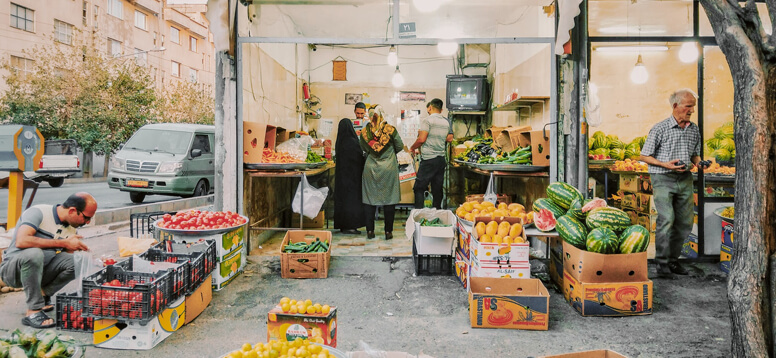
In Asia and Africa, the most common scams are those made while shopping. We have gathered the things to be aware of under a few headings.
1. Counterfeit products
Most goods, especially from China and Hong Kong, are low-quality copies of the originals. If you want to avoid counterfeit products, do it wherever locals shop.
2. Bait & switch
As the name suggests, they first offer you a product, but after the sale, they give you a different product. Beware of the vendors where you stop by on the bus tour.
Another version of this is to better show the product in a deceptive light. When you realize that the product you bought is not that high quality, it's too late.
3. "Extras not included"
Extras are then added to the price quoted for the product. Normally, when you buy a simple good, you will be cheated easily because you would not think of encountering such a thing.
4. Antique scam
In this scam, an item's origin or age is exaggerated, or a fake artifact is presented as real. Artifacts claimed to belong to the Byzantine, Greek, and Ming periods are actually produced in local stalls.
To avoid this scam:
- Do not pay until you receive the product.
- Check the package or box before leaving the store.
- Do detailed research about the product you will buy and make sure that you can distinguish the original from the fake.
- Ask what's included in the price.
- Shop licensed stores for expensive antiques.
Fake apartment scams
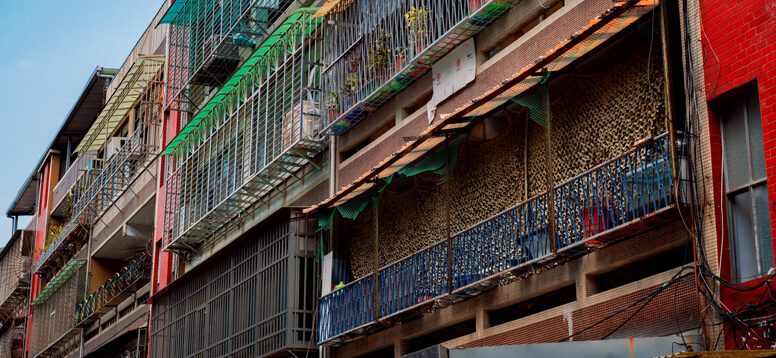
Accommodation scams are so common in Africa that there are even detailed reports about it. The scammers either post fake accommodation ads or cheat tourists by copying real accommodation and gaining an unfair advantage by taking the deposit in advance.
How to avoid this scam?
- You might be skeptical if prices are much more affordable than other places during peak season.
- Be wary of unusual payment methods such as wire transfer or money transfer.
- Search the web for the accommodation you find and make your reservation later.
- Use Google Street View or Google Maps to verify the property's address.